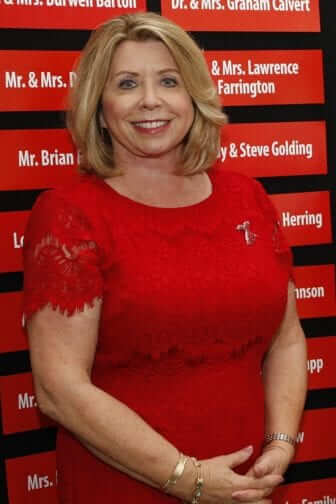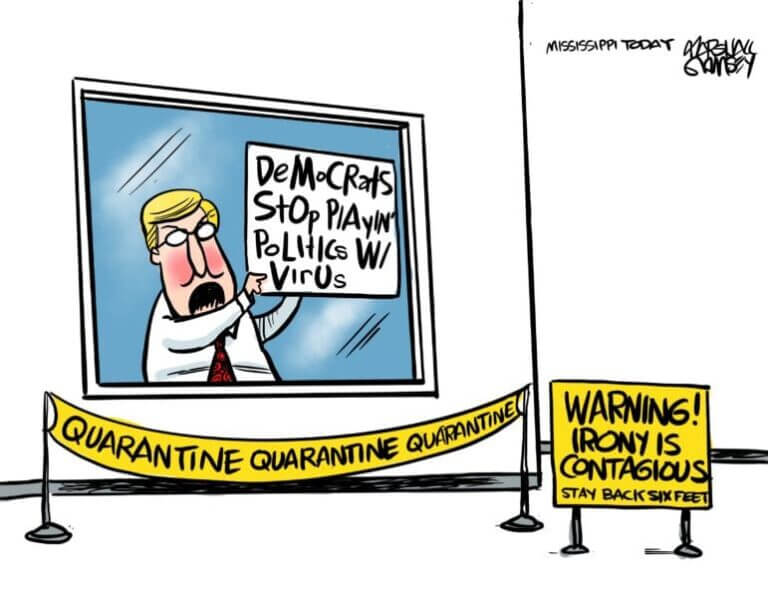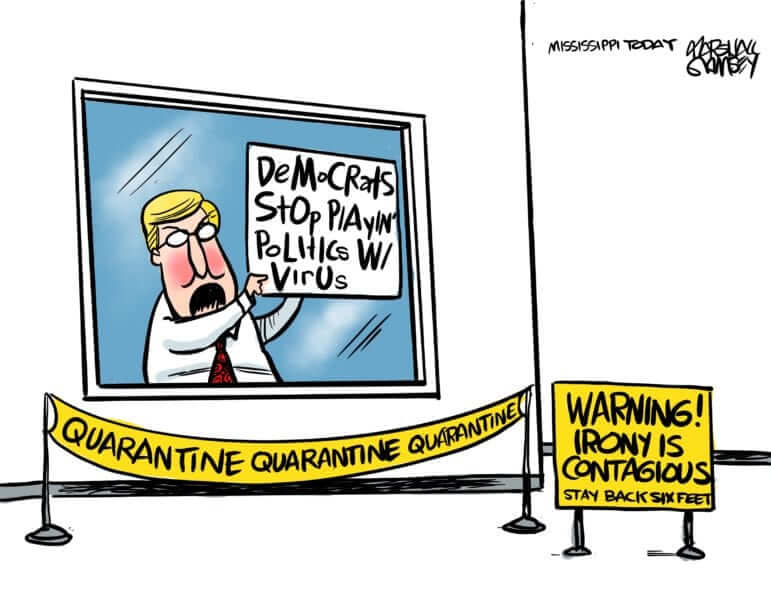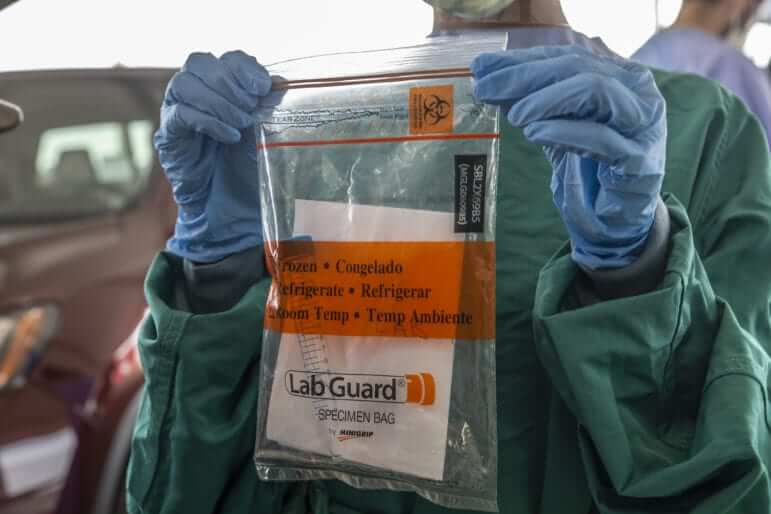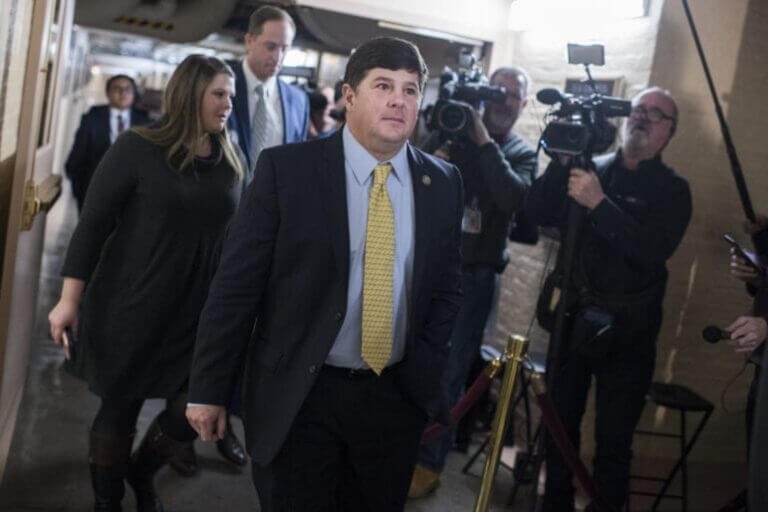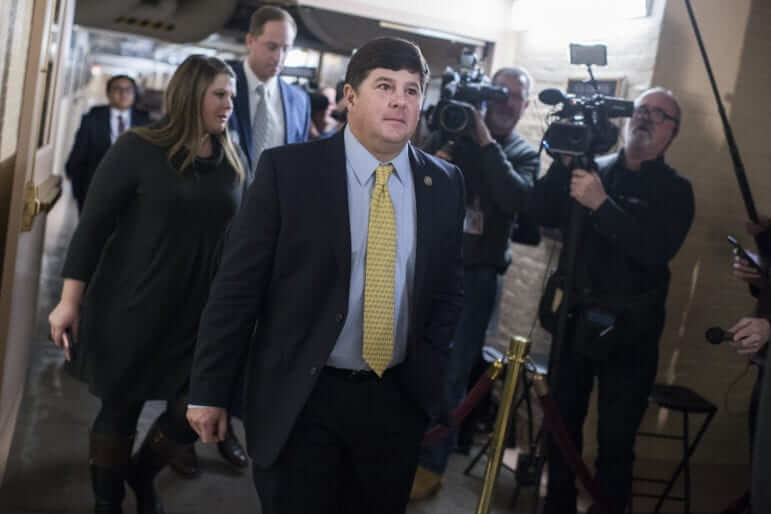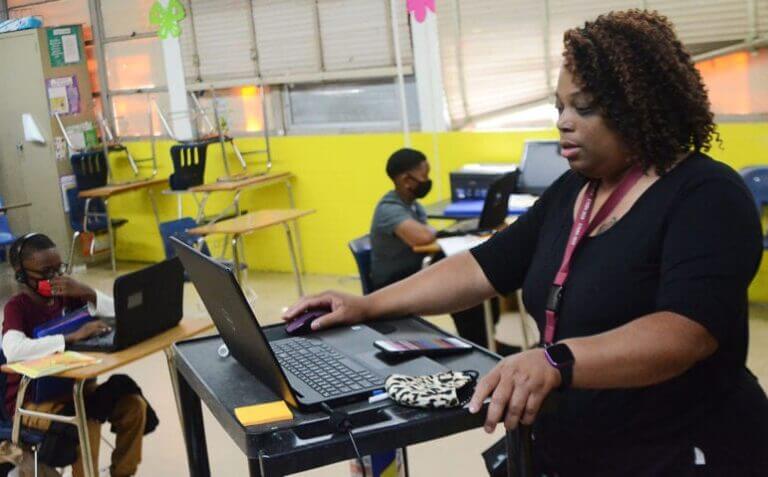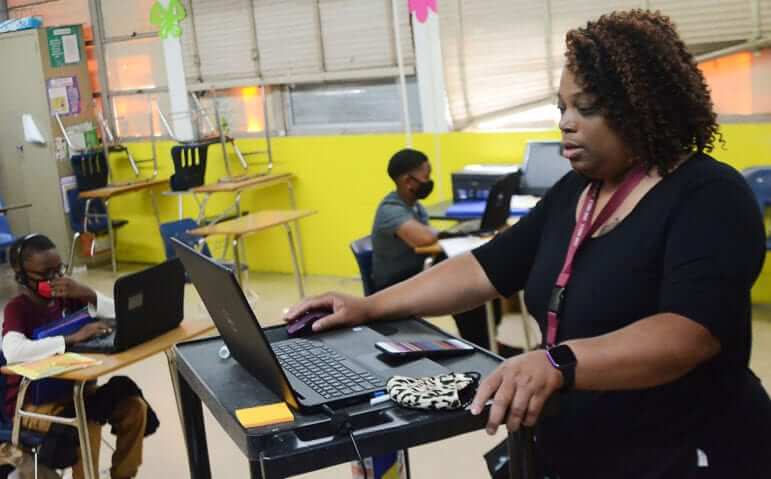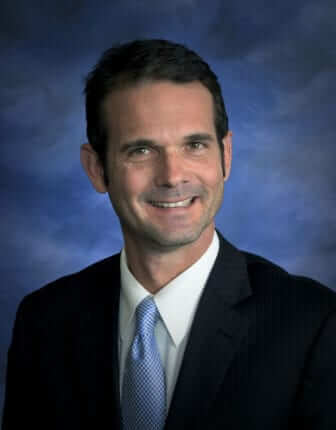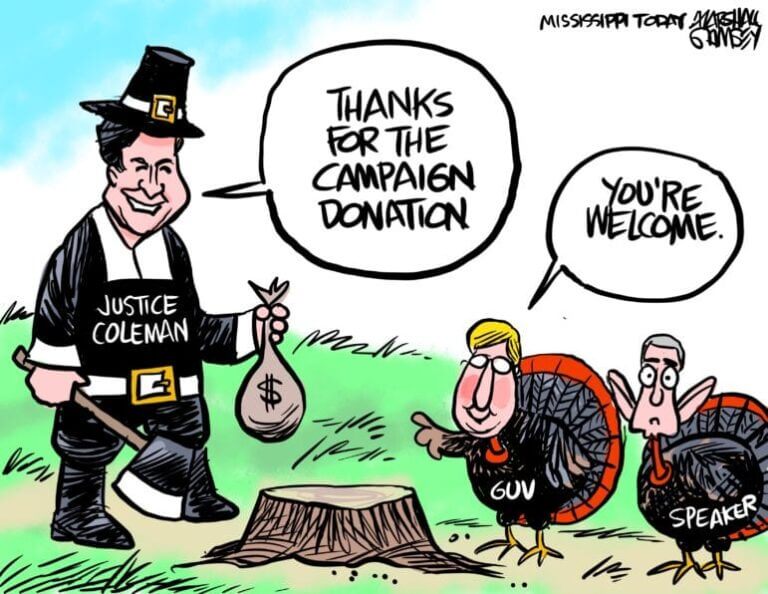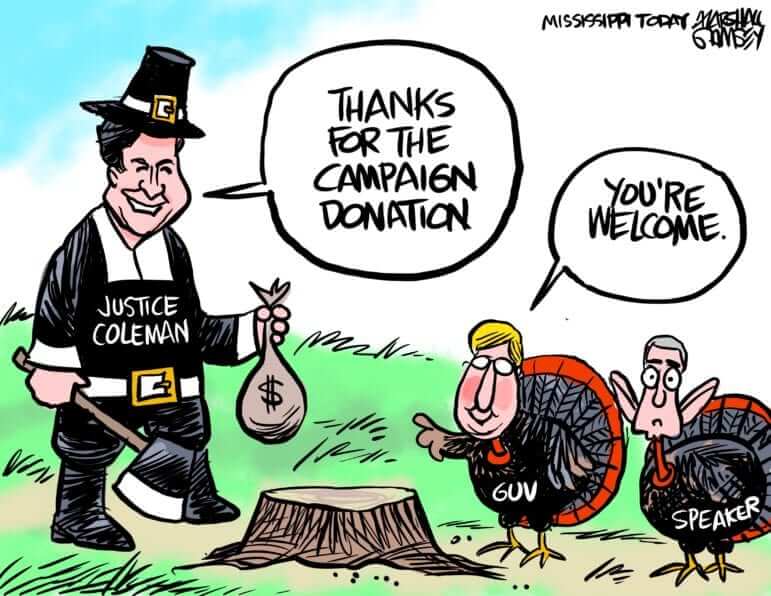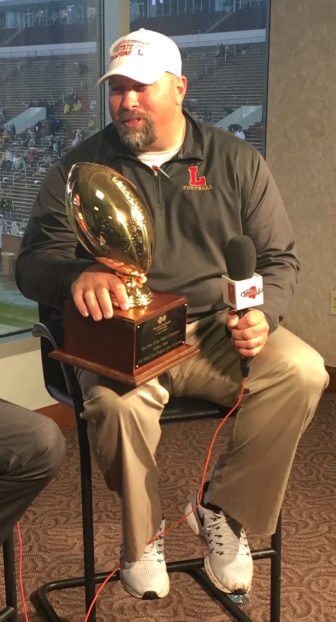New federal data shows Mississippi provided cash assistance to fewer poor families in the last year than ever before — even during a global pandemic, a national economic crisis and new leadership at the welfare agency.
Reports indicate Mississippi Department of Human Services’ administration of the state’s Temporary Assistance for Needy Families program, the subject of a massive embezzlement case and ongoing federal investigation, has been wildly inconsistent from year to year.
And despite the shrinking caseload of beneficiaries on the public assistance, all federal accountability measures within the program focus on the poor families, not the organizations and nonprofits receiving most of the funds.
A federal caseload report the U.S. Department of Health and Human Services released in November shows that from October 2019 to September 2020, 2,774 Mississippi families received cash assistance monthly on average, touching less than 5% of those in poverty.
Another financial report published in October reveals that Mississippi’s welfare spending shrunk by 25%, or about $34 million, from 2018 to 2019, though poverty rates across the state barely budged. The most recently released data reflects spending that took place mostly under the administration of former Human Services director John Davis, who was charged with embezzlement of welfare dollars in February and has pleaded not guilty. These financial reports are always published a year after the fact.
The 2019 spending reduction occurred after agency contracts had bloated significantly in 2017 and 2018 with the creation of a now disgraced initiative called Families First for Mississippi, which essentially privatized the state’s welfare program with large upfront subgrants to two nonprofits.
Officials and policy groups use the information in these annual federal program reports to track national trends in welfare spending, but Mississippi’s federally reported financial data may be moot due to widespread alleged misspending and fraud.
According to state audits, the agency had not been maintaining a record of the entities to which it awards subgrants or how those organizations are using their funds.
Agency leaders today say they’ve implemented greater controls to ensure the money is spent properly and current Human Services director Bob Anderson told Mississippi Today he’d even like to see expanded eligibility and increased benefits within the welfare program.
“We are reviewing all of our options where we can help more people and we can provide more assistance,” said agency spokesperson Danny Blanton. “And it’s just going to take time to get all that done and get all that pushed through, get it all agreed on. It’s not something you’re going to see happen overnight.”
Temporary Assistance for Needy Families, through which the feds send Mississippi $86.5 million each year, is just one anti-poverty program the agency administers. Blanton touted success in other programs this year, including the $530 million it issued through the federal Supplemental Nutrition Assistance Program, $100 million in Pandemic-EBT (Electronic Benefit Transfer) it sent to families in the free and reduced lunch program and $47 million in CARES Act funding it used to help child care centers during the pandemic.
Temporary Assistance for Needy Families is most often characterized by the “welfare check,” but about 95 percent of the block grant in Mississippi is directed to other areas or awarded to private entities who are supposed to serve the needy. Nationally that number is about 80 percent.
Mississippi Today examined internal records for the first seven months of federal fiscal year 2020, after Davis had left, and found that the agency had paid subgrantees and other partners $18 million and spent $4.2 million on direct assistance to poor Mississippians.
The number of families receiving basic cash assistance in Mississippi and nationally has steadily dropped in the last decade as states have approved fewer and fewer applicants. Mississippi also has the lowest monthly cash limits in the country at $170 for a family of three. The state spent just 5.5 percent of its total TANF budget on direct assistance in 2019.
States have the option to transfer up to 30 percent of their TANF grants to the Child Care Development Fund, a crucial program that provides child care vouchers to parents so they can go to work. Due to funding shortfalls, advocates say the program serves just a small fraction of those who are eligible for it. Historically, Mississippi transferred several million to the program each year, but they decided not to transfer any money to the program in 2018 and 2019, reports show.
States can also use TANF to fund a number of other projects so long as they can argue they’re serving one of three other broad purposes: reducing the dependency of needy parents by promoting job preparation, work and marriage; preventing out-of-wedlock pregnancies; and encouraging two-parent families.
The federal government requires states to supply data regarding the population of people receiving cash assistance — how many parents and children in each household, their financial circumstances and what percentage met work requirements — to ensure that money is going to the right people.
But the agency does not require that states report how they spend the rest — $24.3 billion nationwide and about $95 million in Mississippi — such as what they purchase, who the money benefits or the outcomes of the people served.
In an August op-ed, Mississippi State Auditor Shad White, whose office started the initial embezzlement investigation that lead to six arrests in February, argued that astonishing abuse of the TANF block grant was possible because of the federal government’s lax oversight.
“We found that if the agency wants to spend money illegally, all it has to do is stop the monitoring, and it is possible no one will notice or care,” White wrote.
The post Fewer Mississippians received cash assistance in 2020, even during a pandemic and under new DHS leadership appeared first on Mississippi Today.
